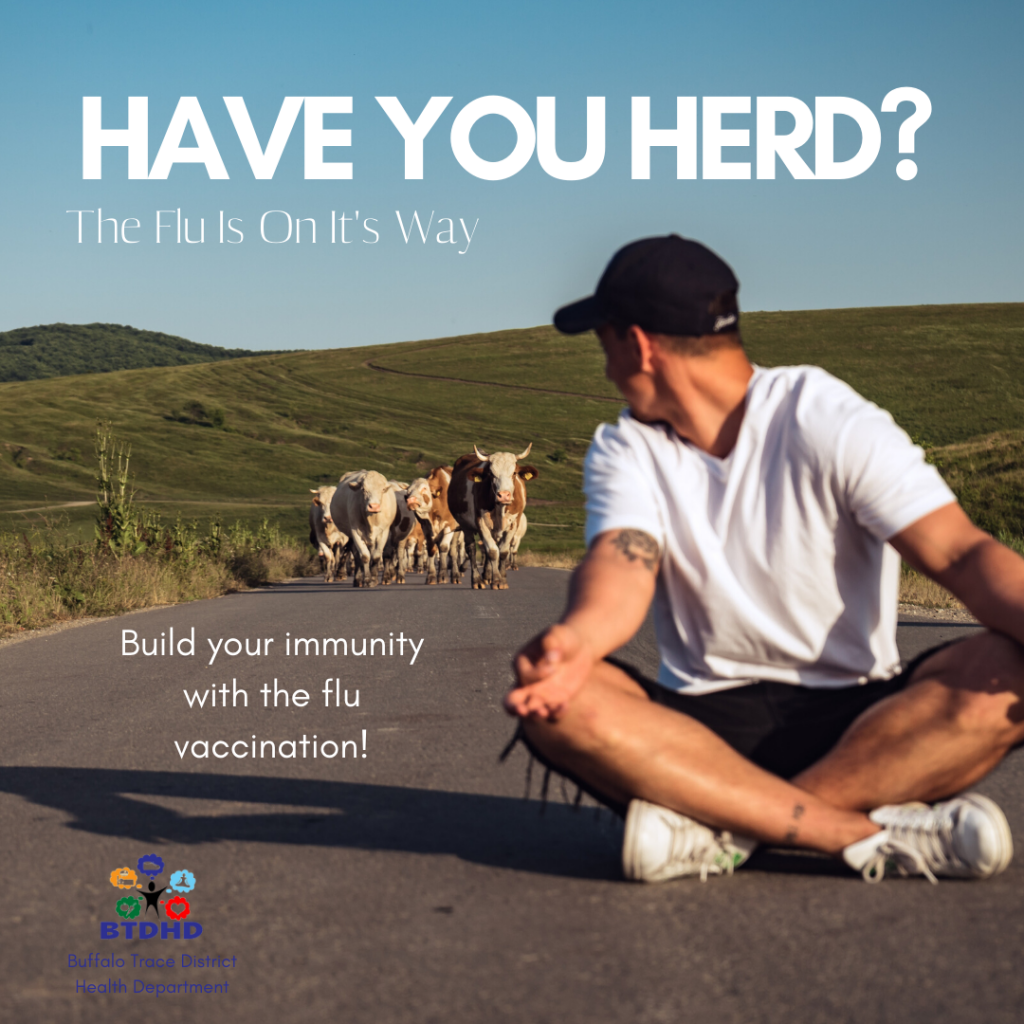
How does community immunity work? Germs can travel quickly through a community and make a lot of people sick. If enough people get sick, it can lead to an outbreak.
But when enough people are vaccinated against a certain disease, the germs can’t travel as easily from person to person — and the entire community is less likely to get the disease.
That means even people who can’t get vaccinated will have some protection from getting sick.
And if a person does get sick, there’s less chance of an outbreak because it’s harder for the disease to spread.
Eventually, the disease becomes rare — and sometimes, it’s wiped out altogether.


Who does community immunity protect?
Community immunity (sometimes called herd immunity) protects everyone.
But it’s especially important because some people can’t get vaccinated for certain diseases — such as people with some serious allergies and those with weakened or failing immune systems (like people who have cancer, HIV/AIDS, type 1 diabetes, or other health conditions).
Community immunity is also important for the very small group of people who don’t have a strong immune response from vaccines.
Buffalo Trace District Health Department provide immunizations to eligible clients through the Mason County Health Center and the Robertson County Health Center.
We are able to offer many vaccines at no cost, or low cost, depending on the patient’s age and health insurance coverage.
The Health Department also works through the community to promote vaccines and help people understand when and why they need to be vaccinated.
To see an immunization schedule visit our website BuffaloTraceHealth.com/immunizations.
This article was written by Samantha Wilson for the Buffalo Trace District Health Department. Published 1-27-2020.
